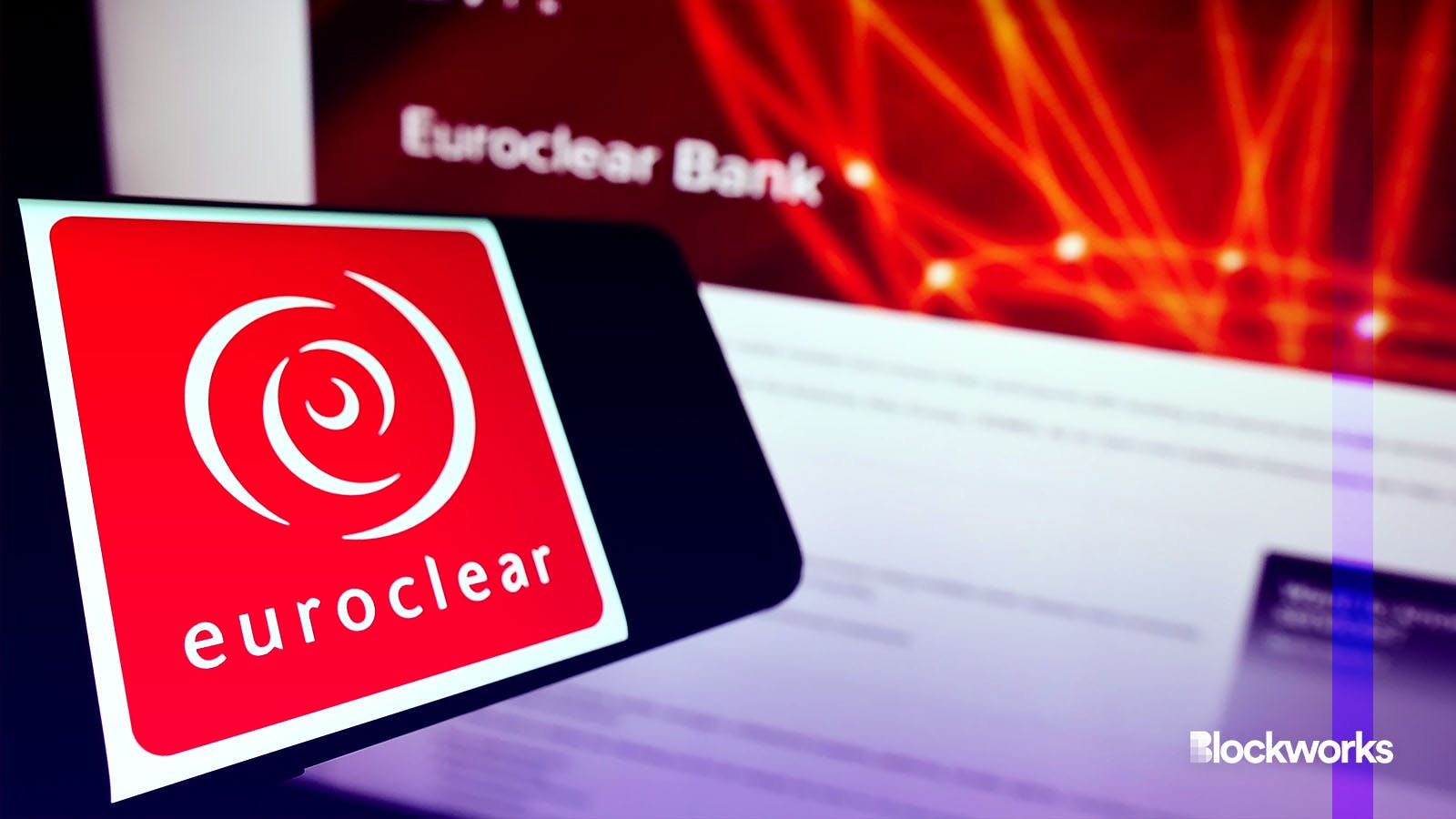World Bank rolls out first digital bond issuance on Euroclear
The World Bank said it has raised $105 million through a three-year digital bond to finance its sustainable development initiatives

T. Schneider/Shutterstock, modified by Blockworks
The World Bank has initiated the first issuance of digital securities on Euroclear’s newly launched Digital Securities platform.
Euroclear’s Digital Financial Market Infrastructure (D-FMI), a platform based on distributed ledger technology, facilitates the establishment, issuance and settlement of international securities digitally, all under English law, according to a Tuesday press release.
The World Bank said it has raised 100 million euros ($105.9 million) from the three-year digital bond, dedicated to backing its sustainable development projects, with the bond making its debut on the Luxembourg Stock Exchange.
The bond’s release involved Citi overseeing the issuance and payment processes, TD Securities serving as the dealer and Euroclear Bank functioning as the Central Securities Depository for the issuer.
R3, the developer behind the platform, said that the Corda permissioned blockchain was used for the bond issuance.
The World Bank first experimented with blockchain bonds in 2018 by raising around $73 million.
Other experiments with blockchain-based bond issuance, such as those by Société Générale, have used public Ethereum.
Asset tokenization is transforming finance by making transactions more efficient and reducing costs through digital processing.
It democratizes investment by breaking down high-value assets into purchasable tokens, thereby broadening market access.
This process enhances liquidity, turning illiquid assets like real estate or art into easily tradable forms. Additionally, it transcends geographic restrictions, creating a round-the-clock global market and facilitating smoother international transactions.
“The integration of DLT in asset issuance is a critical step forward in the evolution of our ecosystem’s digital capabilities, as we continue to deliver on our goal of becoming a fully digital and data enabled Financial Market Infrastructure,” Lieve Mostrey, Euroclear’s CEO, said in a statement.
Boston Consulting Group forecasts that by 2030, the global industry for tokenizing illiquid assets could expand to $16 trillion, accounting for 10% of the world’s gross domestic product.
Get the news in your inbox. Explore Blockworks newsletters:
- The Breakdown: Decoding crypto and the markets. Daily.
- 0xResearch: Alpha in your inbox. Think like an analyst.






